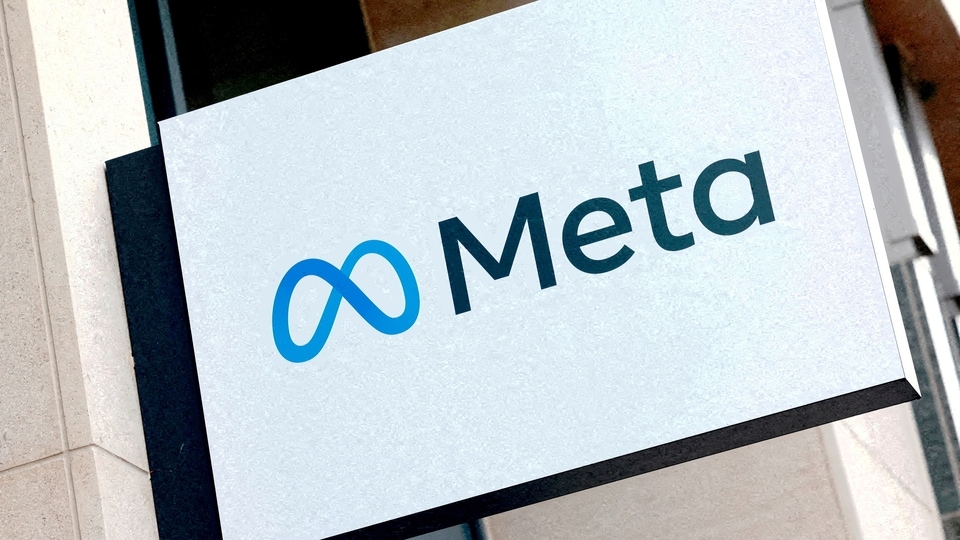Meta Tests New AI Features Across Apps in Bid To Boost Appeal
Meta Platforms Inc. is betting artificial intelligence will convince people to spend more time on its social media apps next year and is using the technology to make the biggest changes across its platforms since introducing short-form video Reels in 2020.

Meta Platforms Inc. is betting artificial intelligence will convince people to spend more time on its social media apps next year and is using the technology to make the biggest changes across its platforms since introducing short-form video Reels in 2020.
The company is currently testing more than 20 different generative AI features from search to ads, business messaging and more, across Facebook, Instagram, Messenger and WhatsApp. Eventually it will apply those tools globally.
“We always come back to, ‘How do we create a better community? How do we help people express themselves? How do we build more useful products,'” Ahmad Al-Dahle, Meta's vice president of generative AI, said in an interview. “That generally shows up in the metrics if we do a good job. We see more usage, positive feedback, people having a good time.”
Meta is under pressure to continue giving users fresh reasons to hang out on its apps, which generate the bulk of the company's revenue, while convincing investors that record spending on other ventures like AI and virtual reality is worth it. Meta's core social platforms are advertising behemoths, but users on Facebook and Instagram have largely plateaued at 2 billion and 3 billion people per month, respectively.
Meta is facing stiff competition from TikTok, whose US users spend almost double the average time on the short-form video platform as on Meta's apps. Meanwhile, Snap Inc. and Adobe Inc., the maker of Photoshop, have introduced chatbots, image editors and video creators that are infused with generative AI.
Meta is spending billions on the infrastructure, talent and development needed to keep up in the nascent AI arms race. During a period that Chief Executive Officer Mark Zuckerberg called the “year of efficiency,” AI was singled out as a key area within the company that saw investment and growth, rather than cuts.
While much of Meta's work on AI has happened out of the view of the general public — like building expensive data centers and releasing open-source versions of the Llama large language model that powers chatbots — the few new consumer products have been small and garnered mixed reviews.
Next year, the company aims to add features to its Meta AI, a virtual assistant that can answer questions and generate photorealistic images. The tool can be used in one-on-one and group chats, as well as in Meta's augmented reality glasses.
“We want it to be one of the world's most-used AI assistants,” Al-Dahle said. Meta is also testing a capability that would allow the tool to pull Reels into its chats, and potentially content from other third-party services, he said.
Meta's also hoping more third parties will use its AI Studio to build chatbots for businesses and creators who can talk with people on their behalf on the apps.
On Facebook, new AI tools for Groups and Marketplace will suggest conversation topics to join or items to peruse. The company is expanding its image editing tool, Imagine, taking it beyond chats to a website where hobbyists can create free images. Meanwhile, all AI generated images will get invisible watermarking that denotes which ones are made with artificial intelligence.
Catch all the Latest Tech News, Mobile News, Laptop News, Gaming news, Wearables News , How To News, also keep up with us on Whatsapp channel,Twitter, Facebook, Google News, and Instagram. For our latest videos, subscribe to our YouTube channel.


























